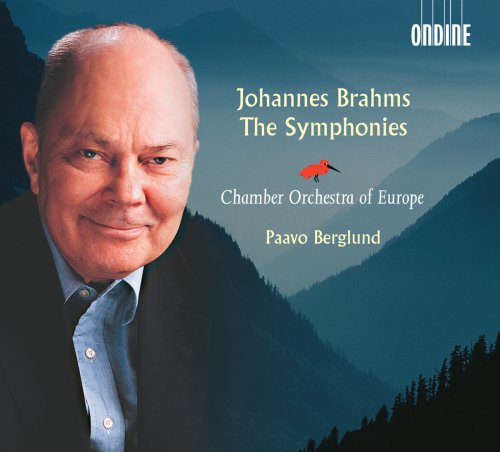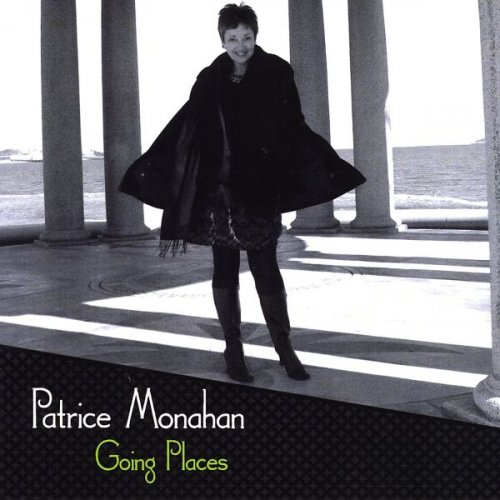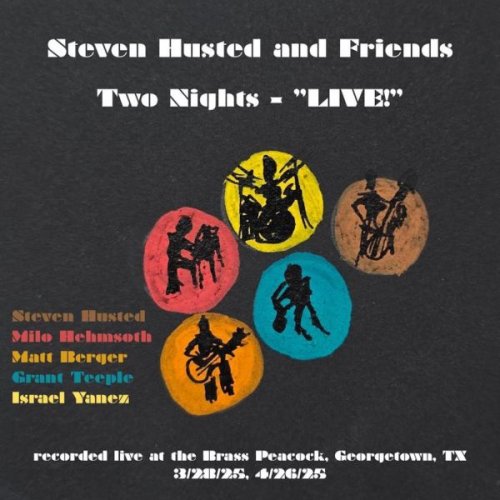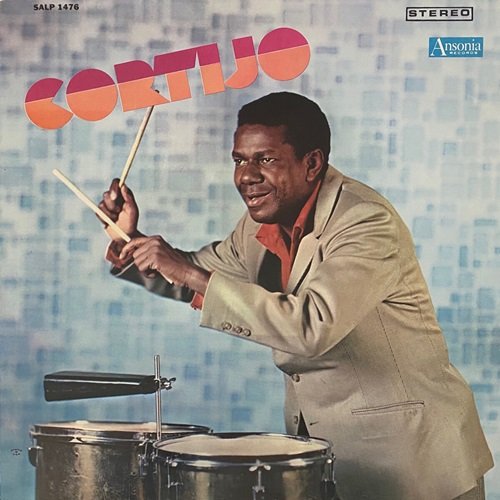Paavo Berglund & Chamber Orchestra of Europe - Brahms: The Symphonies (2013)

Artist: Paavo Berglund, Chamber Orchestra of Europe
Title: Brahms: The Symphonies
Year Of Release: 2013
Label: Ondine
Genre: Classical
Quality: FLAC (image + .cue, log, artwork)
Total Time: 2:41:45
Total Size: 727 MB
WebSite: Album Preview
Tracklist:Title: Brahms: The Symphonies
Year Of Release: 2013
Label: Ondine
Genre: Classical
Quality: FLAC (image + .cue, log, artwork)
Total Time: 2:41:45
Total Size: 727 MB
WebSite: Album Preview
Johannes Brahms
CD1
[1]-[4] Symphony No.1 in C minor, Op.68
CD2
[1]-[4] Symphony No.2 in D major, Op.73
CD3
[1]-[4] Symphony No.3 in F major, Op.90
[5]-[8] Symphony No.4 in E minor, Op.98
Performers:
Chamber Orchestra of Europe
Paavo Berglund conductor
Paavo Allan Englebert Berglund was one of the leading Nordic conductors, known for clean, well-balanced, and dynamic performances. He studied the violin from the age of 11 and in 1949, he joined the Finnish Radio Symphony Orchestra and studied at the Sibelius Academy in Helsinki. In 1952, he was a co-founder and first conductor of the Helsinki Chamber Orchestra, which was founded with the purpose of expanding the scope of orchestral music available in the Finnish capital.
Also in the 1950s, he became an assistant conductor of the Finnish Radio Symphony and was its chief conductor from 1962 to 1971. He vastly improved the orchestra's quality and achieved these results through very hard and strict rehearsals, gaining the reputation as a podium dictator. He first conducted the Bournemouth Symphony Orchestra in England in 1965 in a series of Sibelius Centenary Concerts, and was frequently invited back. With that orchestra in 1970, he led the first performances outside Finland of Sibelius' long-suppressed Kullervo Symphony and made its first recording, which has remained a classic. He has won numerous international awards for some of his many recordings. In 1972, he was asked to take over the post of principal conductor of the Bournemouth Symphony Orchestra, leaving the Finnish Radio Symphony Orchestra to do so. By now, his reputation as a musical perfectionist was so strong in his home country that the story got around that he left his old orchestra because Finnish musicians could no longer keep up with him. This legend persisted even after he returned to Finland to become music director and principal conductor of the Helsinki Philharmonic Orchestra in 1975.
He resigned from both the Helsinki and Bournemouth orchestras in 1979. He guest conducted widely, debuting in the United States with the American Symphony Orchestra in 1978. He was principal guest conductor of the Scottish National Symphony Orchestra (1981 - 1985) and principal conductor of the Stockholm Philharmonic Orchestra from 1987 to 1991. He took the position of principal conductor of the Royal Danish Orchestra in Copenhagen in September 1983. Especially in Finland, it was noticed that Berglund changed his approach to rehearsals, giving up dictatorial ways. "The rise in the standard of Finnish orchestras has been quite incredible," he explained in autumn 1996. "Young musicians play so much better than their predecessors did." He says that his aim all along was simply to make Finnish orchestras among the best in the world. He was still meticulous and demanding, though, particularly in matters of orchestral balance with sharp, sure directions in rehearsal that make it seem everything is pre-planned. In Edinburgh in 1998, he was asked about the reasoning behind differences in tempos of his Sibelius symphonies, of which he made three complete sets. His reply: "I have not given it a thought, or even listened to those recordings. I conduct from the heart." -- Joseph Stevenson
Also in the 1950s, he became an assistant conductor of the Finnish Radio Symphony and was its chief conductor from 1962 to 1971. He vastly improved the orchestra's quality and achieved these results through very hard and strict rehearsals, gaining the reputation as a podium dictator. He first conducted the Bournemouth Symphony Orchestra in England in 1965 in a series of Sibelius Centenary Concerts, and was frequently invited back. With that orchestra in 1970, he led the first performances outside Finland of Sibelius' long-suppressed Kullervo Symphony and made its first recording, which has remained a classic. He has won numerous international awards for some of his many recordings. In 1972, he was asked to take over the post of principal conductor of the Bournemouth Symphony Orchestra, leaving the Finnish Radio Symphony Orchestra to do so. By now, his reputation as a musical perfectionist was so strong in his home country that the story got around that he left his old orchestra because Finnish musicians could no longer keep up with him. This legend persisted even after he returned to Finland to become music director and principal conductor of the Helsinki Philharmonic Orchestra in 1975.
He resigned from both the Helsinki and Bournemouth orchestras in 1979. He guest conducted widely, debuting in the United States with the American Symphony Orchestra in 1978. He was principal guest conductor of the Scottish National Symphony Orchestra (1981 - 1985) and principal conductor of the Stockholm Philharmonic Orchestra from 1987 to 1991. He took the position of principal conductor of the Royal Danish Orchestra in Copenhagen in September 1983. Especially in Finland, it was noticed that Berglund changed his approach to rehearsals, giving up dictatorial ways. "The rise in the standard of Finnish orchestras has been quite incredible," he explained in autumn 1996. "Young musicians play so much better than their predecessors did." He says that his aim all along was simply to make Finnish orchestras among the best in the world. He was still meticulous and demanding, though, particularly in matters of orchestral balance with sharp, sure directions in rehearsal that make it seem everything is pre-planned. In Edinburgh in 1998, he was asked about the reasoning behind differences in tempos of his Sibelius symphonies, of which he made three complete sets. His reply: "I have not given it a thought, or even listened to those recordings. I conduct from the heart." -- Joseph Stevenson



![Ying-Da Chen - Off Peak Hours (2026) [Hi-Res] Ying-Da Chen - Off Peak Hours (2026) [Hi-Res]](https://www.dibpic.com/uploads/posts/2026-03/1772675823_pt83tz5y29z1r_600.jpg)

![Thomas Bergsten Trio - Chill Microtonal Free Jazz and Modern Composition To Study To (2026) [Hi-Res] Thomas Bergsten Trio - Chill Microtonal Free Jazz and Modern Composition To Study To (2026) [Hi-Res]](https://www.dibpic.com/uploads/posts/2026-03/1772434983_p1cagvb6yegof_600.jpg)


